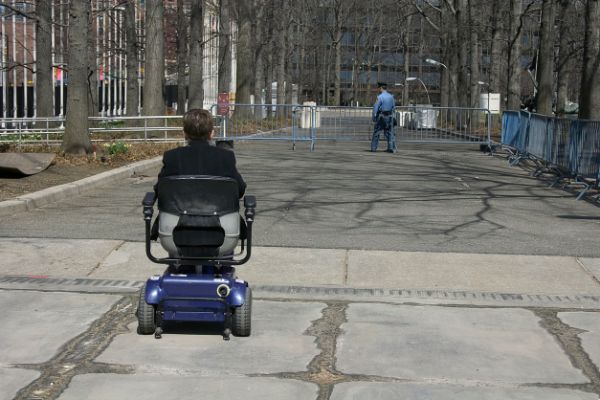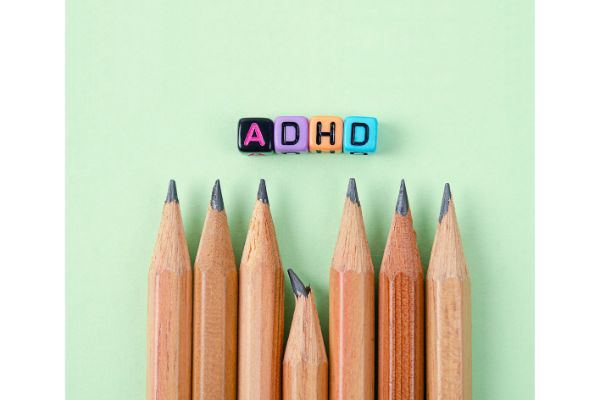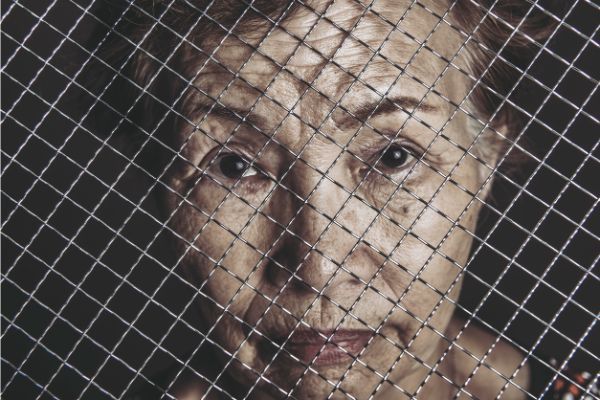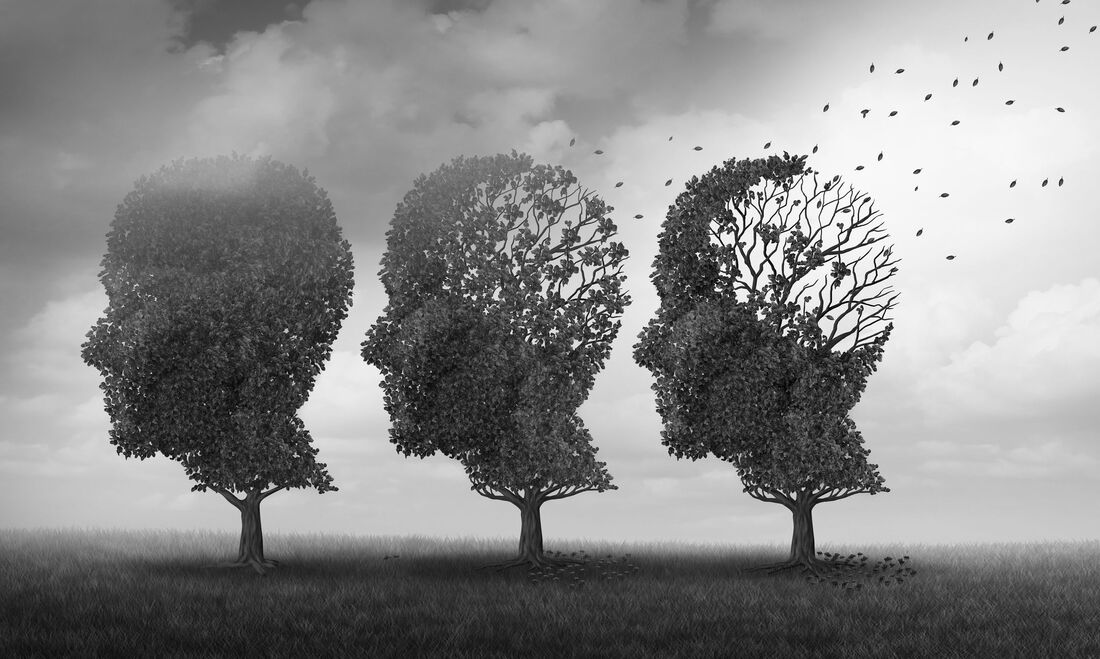|
2/27/2023 New App Bridges Communication Gap Between Police and Individuals with DisabilitiesRead Now Many individuals with mental disabilities have issues communicating properly or acting socially appropriately in a given situation. These communication issues can be especially problematic if a disabled individual encounters law enforcement or other first responders. The police often have no way of knowing that someone has a mental disability and often have no training on how to recognize a disability.
Although it may appear that an individual is refusing to comply with an officer’s orders, it is sometimes the case that the person doesn’t understand the order or doesn’t know how to comply. A person may be acting strangely or erratically, and a police officer may interpret this behavior as aggression. Situations involving law enforcement and those with mental disabilities can have tragic and even deadly results. Bridging the Communication Gap Steven Mase and G.L. Hoffman worked closely with a police officer in Minnesota, parents, and caretakers of individuals with mental disabilities, and other members of the community in developing an app that could help bridge that communication app between people with mental disabilities and first responders. The Vitals mobile app promotes safer interactions by allowing authorized personnel to view a personalized digital profile of individuals with conditions that may affect their communication abilities. The information on the app is specific to the individual which is very important because every individual with a mental disability is different. The Vitals app pairs with a Bluetooth beacon that an individual wears that sends a signal to the law enforcement officer who also has the app. The information transmitted to the app includes the individual’s name, contact information, and condition. It also includes important information about known triggers and helpful de-escalation techniques. The app also allows a family member or caregiver to upload a video message directed to the individual with the disability letting them know that law enforcement is here to help. Developers of the Vitals app are hopeful that with widespread use it can change the tone of interactions between law enforcement and people with mental disabilities. The app is currently being used by 1,800 individuals and 60 law enforcement agencies in Minnesota. The app will hopefully expand to other states soon. If you or a loved one has a mental disability and has been arrested or convicted of a crime, you need an experienced criminal defense attorney on your side. Elizabeth Kelley specializes in representing individuals with mental illness or intellectual/developmental disability. To schedule a consultation call (509) 991-7058. The U.S. Food and Drug Administration (FDA) has approved the first medical device to help children with attention-deficit/hyperactivity disorder (ADHD). The Monarch external Trigeminal Nerve Stimulation (eTENS) system is available for children with ADHD aged 7 to 12 who are not currently taking medication. The device offers the first non-drug treatment for the condition.
What is ADHD? ADHD is a common condition that can be difficult to manage and begins in childhood. Symptoms of ADHD include difficulty focusing, inattention, impulse control issues, and increased physical activity. To be diagnosed with ADHD a person must demonstrate persistent inattention and hyperactivity that has a long-lasting effect and interferes with their daily life. The eTENS System The device requires a prescription and is intended to be used under the close supervision of a caregiver. It is about the size of a cell phone and is designed to generate a low-level electrical pulse to the trigeminal nerve from a wire to a small patch placed above the child’s eyebrows. The trigeminal nerve then sends therapeutic signals to the parts of the brain that are believed to affect ADHD. The child may feel a tingling sensation when the device is working. The device is intended to be used at home while the child is sleeping. Clinical trials of the device have indicated that it may take up to four weeks to begin working properly. A test showed a significant improvement in ADHD symptoms for those patients who used the device for four weeks or more. Side effects of the device include drowsiness, increased appetite, and trouble sleeping. Long term side effects are not currently known because the device is so new. The device should not be used by children under the age of 7 or those that have pacemakers or active implantable neurostimulators. The eTENS system is currently available in Canada, Australia, and Europe and has been used as a device to treat depression. No U.S. release date has been advertised yet. The system is not currently covered by insurance. If you or a loved one has a mental disability and has been arrested or convicted of a crime, you need an experienced criminal defense attorney on your side. Elizabeth Kelley specializes in representing individuals with mental illness or intellectual/developmental disability. To schedule a consultation call (509) 991-7058. Dementia in prison is a rapidly growing problem that most prisons are not equipped to handle. The increasing population of inmates over the age of 65 has led to unique challenges in the prison system. It is estimated that 20% of inmates over the age of 50 suffer from some type of cognitive decline. As inmates in prison age, they experience the same issues, in some cases to a greater degree, that those who are aging on the outside experience.
Proper Training and Care Dementia refers to a decline in mental ability that affects one's day to day life. Individuals with dementia are often confused and have poor memory and cognitive skills. People with dementia require specialized care to help them handle their day to day needs. Due to the confusion they experience, people with dementia frequently act out in ways that are not socially acceptable. This can be especially problematic in a prison setting. Corrections officers don’t typically receive training on how to handle the unique challenges presented by prisoners with dementia. These prisoners may not be able to properly take care of their daily needs or even have the ability to feed themselves. Corrections officers are not trained to provide the proper care needed. Solutions One approach to the prevalence of dementia in the prison system is the development of units within the prison that are specially designed for dementia patients. States like Californiahave been working towards putting these units in place. California currently relies on volunteer inmates as part of their Gold Coat Programand other staff to help those with dementia, but it has been a difficult road. Prisoners with dementia often require around the clock care which is something that prison may not be equipped to handle. They need to be treated in a unit that is more like a nursing home setting. Costs of these units run high, however, and states may not see them as feasible alternatives. However, it is important that dementia patients are treated appropriately for the health and safety of all prisoners. If you or a loved one has a mental disability and has been arrested or convicted of a crime, you need an experienced criminal defense attorney on your side. Elizabeth Kelley specializes in representing individuals with mental illness or intellectual/developmental disability. To schedule a consultation call (509) 991-7058. It is an unfortunate reality that dementia can happen to anyone later in life. Conditions such as Alzheimer’s and other forms of dementia are common. It is estimated that 5.8 millionAmericans suffer from Alzheimer’s disease. It’s a devastating disease that wreaks havoc on families and communities.
What is Dementia? Dementia is a loss of cognitive functioning that affects a person’s daily life. Dementia affects a person’s ability to think, remember, and reason. Skills such as language, reasoning, self-control, and memory can all become seriously impaired. Dementia is not a normal part of aging. It happens when neurons in the brain stop working, lose the connections with other brain cells, and die. Dementia and Crime Dementia can have a profound effect on an individual’s personality and ability to function in society. People who would never commit a crime may find themselves on the wrong side of the criminal justice system. Criminal behavior that starts in mid to late life may be a sign of dementia. People with dementia are often confused and may lash out when they don’t understand what is happening to them. When your 70-year-old aunt, who would never hurt a fly, hits someone at the grocery store, chances are some form of dementia is involved. A 2015 studypublished in the Journal Neurology, found that new, late-onset criminal activity could be a sign of dementia. The study also found that the types of crimes committed varied among dementia patients. The study found that 8% of the Alzheimer's patients studied had been involved in the legal system. Often their crimes involved things like trespassing on private property, traffic violations, or shoplifting. Anti-social behaviors such as public urination and fighting occurred with other forms of dementia such as frontotemporal dementia. Criminal Responsibility The question for our criminal justice system becomes whether those with dementia who commit crimes should be held criminally responsible for their actions. Confusion, lack of impulse control, and lack of memory may indicate that people with dementia who commit crimes are not aware that their actions are criminal. Individuals who have dementia lack the state of mind to be held responsible for their crimes and should be treated and cared for, not placed in the criminal justice system. If you or a loved one has a mental disability and has been arrested or convicted of a crime, you need an experienced criminal defense attorney on your side. Elizabeth Kelley specializes in representing individuals with mental disabilities. To schedule a consultation call (509) 991-7058. |
Details
Archives
March 2024
Categories |




 RSS Feed
RSS Feed